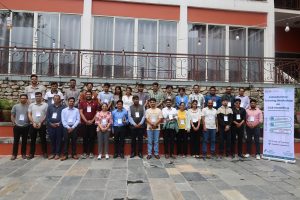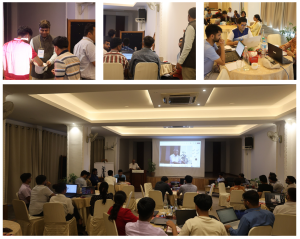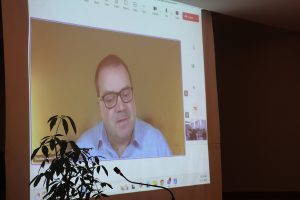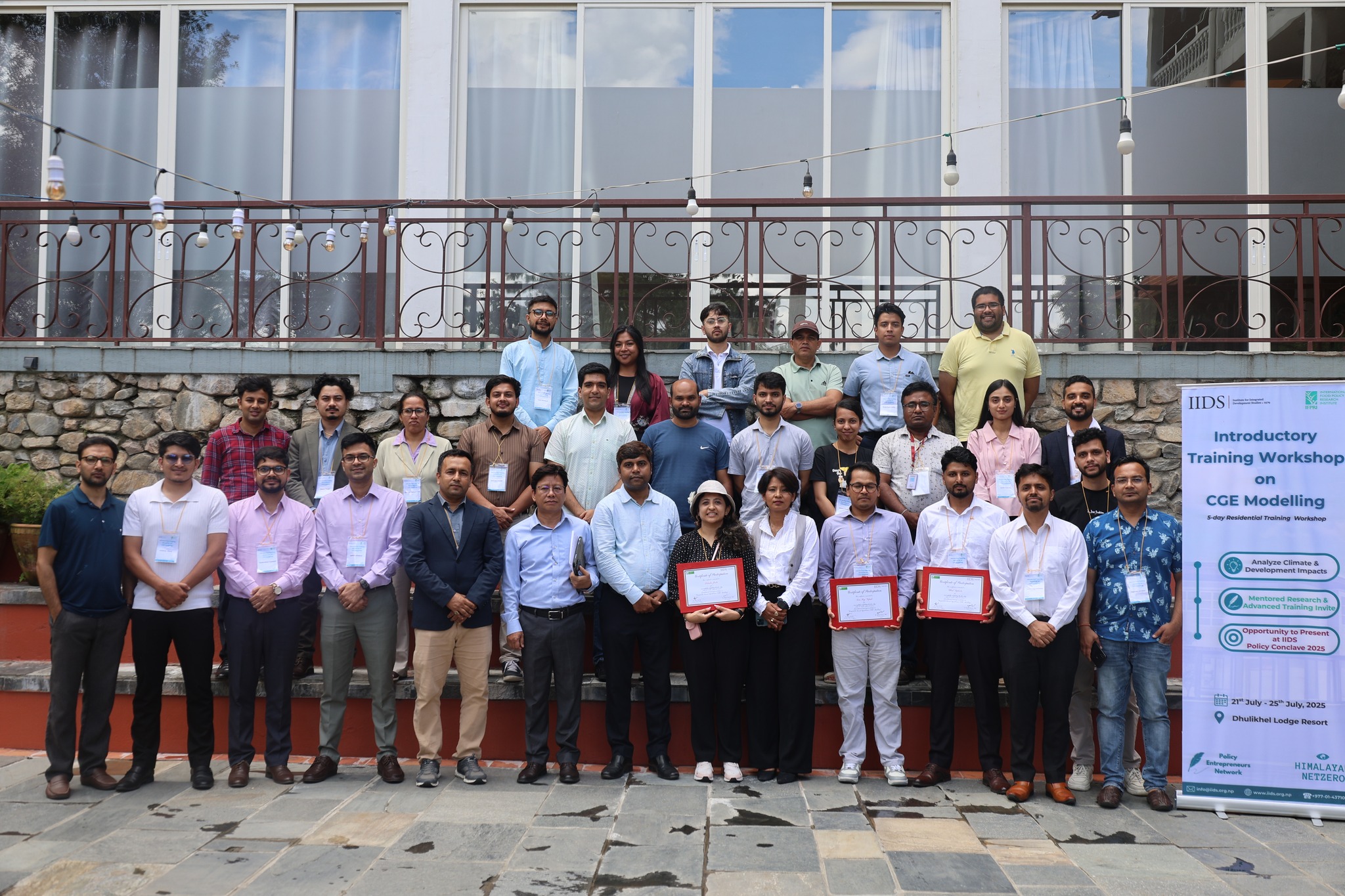Empowering South Asia’s Policymakers through Evidence-Based Economic Analysis
Economic policymaking in today’s interconnected world demands robust analytical tools capable of capturing the complex interactions within an economy. Computable General Equilibrium (CGE) modeling serves as one such powerful framework, enabling policymakers to simulate policy scenarios, assess trade-offs, and anticipate the outcomes of reforms and shocks across sectors.
Recognizing the importance of such capacity, the Institute for Integrated Development Studies (IIDS), in collaboration with the International Food Policy Research Institute (IFPRI), organized a five-day Training Workshop on Foundation CGE Modeling from July 21 to July 25, 2025, at Dhulikhel Lodge Resort. The training aimed to strengthen analytical skills among Nepali and regional researchers, economists, and policy analysts to apply CGE modeling in practical economic policy contexts.

From Concepts to Applications: A Hands-on Learning Experience
The workshop introduced 29 participants including two from Sudan to the foundations of CGE modeling through IFPRI’s Standard CGE Model. Under the guidance of Dr. Barun Deb Pal, Research Coordinator at IFPRI, participants learned about Social Accounting Matrices (SAM), SAM multiplier analysis, and the step-by-step process of running CGE simulations using the Excel interface. The sessions combined lectures with intensive exercises and group projects, allowing participants to engage directly with real-world economic modeling techniques.

Insights from Regional Experts
The training featured opening remarks by Dr. Biswash Gauchan, Executive Director of IIDS, who highlighted the institute’s ongoing efforts to build Nepal’s research and analytical capacity. Dr. Shahidur Rashid, Director of IFPRI’s South Asia Office, emphasized the value of data-driven policy formulation in addressing emerging challenges across the region, while Dr. James Thurlow, Director of Foresight and Policy Modeling at IFPRI, outlined how CGE modeling can inform effective policy design in developing economies.
The workshop also featured a guest session by Mr. Naresh Sharma, Under Secretary, Ministry of Forests and Environment, who shared his insights on the relevance of economic modeling for Nepal’s evolving policy landscape.

Fostering Collaboration and Policy Innovation
Throughout the five days, participants engaged in group modeling projects, presenting their simulation-based findings during the concluding session attended by Dr. Selim Raihan, Executive Director of the South Asian Network on Economic Modeling (SANEM). The workshop concluded with a closing and certificate ceremony led by Dr. Biswash Gauchan, marking the successful completion of an enriching week of learning, collaboration, and innovation.
A Step Toward Smarter Policy Decisions
By equipping participants with the tools to interpret and simulate policy outcomes, the CGE modeling training represents a vital step in strengthening Nepal’s analytical capacity. As IIDS continues to champion evidence-based research, such initiatives ensure that future policy decisions are guided by sound data, robust analysis, and forward-looking economic insights.

